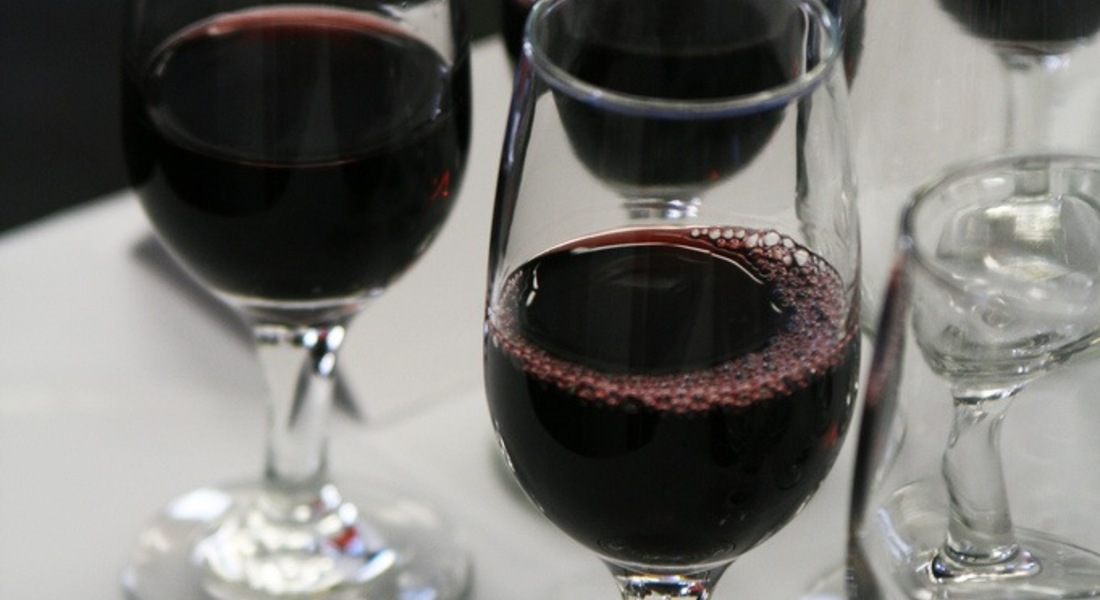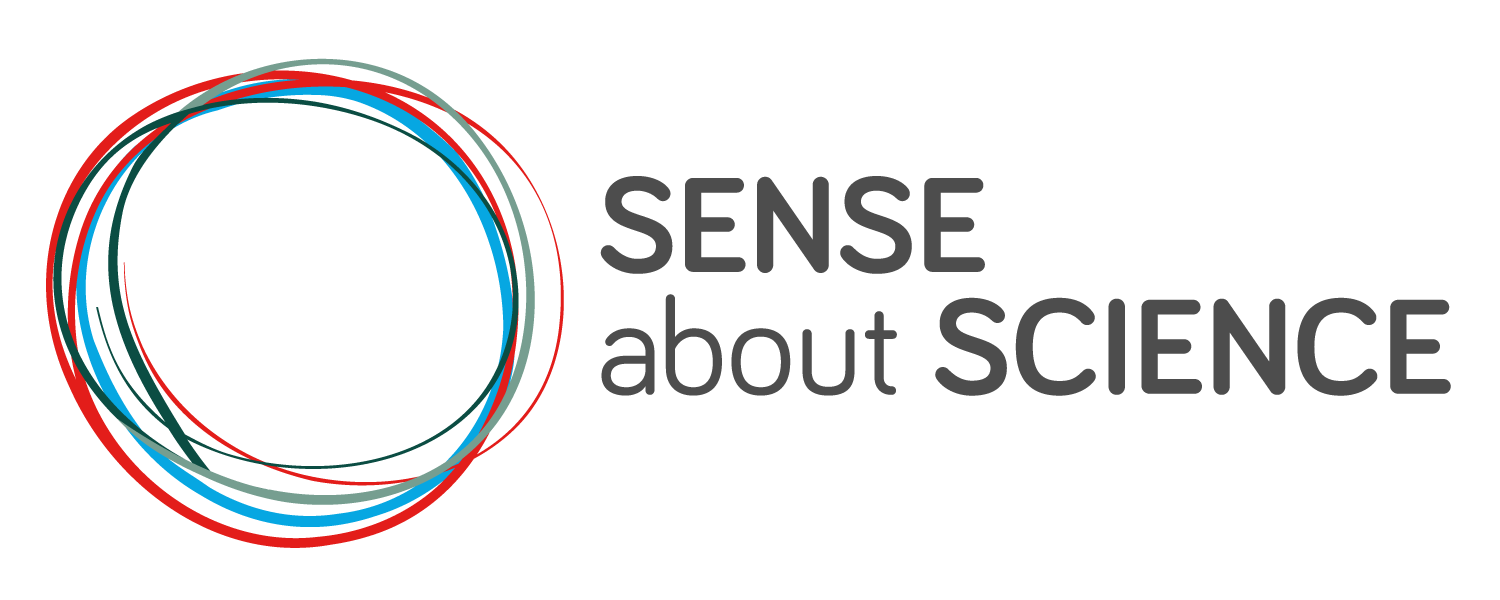We use cookies to help provide you with the best experience using our website.
If you're happy to accept cookies, continue to browse our site or click 'x' and we'll close this message.
Learn more
Is red wine treatment for acne spot on?
Resveratrol hit the headlines again last week with The Independent, The Business Standard and the Drinks Business – reporting the findings of a study on Acne treatment. Whilst the study's findings are potentially important for future treatments, the headline 'Resveratrol may improve effectiveness of Acne Treatment' probably wasn't going to draw readers in. However, resveratrol is found in one particular item that almost guarantees some press coverage:
'Antioxidant in red wine could help reduce acne, study says' - The Independent
'Red Wine Could Hold Key To Acne Cure' - The Drinks Business
'Now, drink wine to hold back acne' - The Business Standard
As resveratrol is found in red wine (as well as chocolate and grapes) this quickly became the 'hook' for stories about the study. However, this framing was more than a little misleading. Having noticed The Independent's story I decided to investigate further and ask for evidence.
I contacted Yang Yu, one of the co-authors of the study, who filled in some crucial gaps which the stories had missed out. Like the fact that the studies didn’t look at red wine, chocolate or grapes – but in fact looked at applying resveratrol directly to the skin.
"Our study evaluated resveratrol in direct contact with Propionibacterium acnes. In order to find out if resveratrol can improve the skin of acne patients, there would need to be further studies in humans to validate our findings.
The resveratrol in wine is metabolized by the body before it gets to the skin. Thus, we do not know if whether drinking wine would have the same effect as applying resveratrol topically."
In other words there is only evidence to suggest that resveratrol would work as part of a topical cream and, conversely, there is no evidence to suggest that ingesting it (eg drinking it in wine) would have a similar effect.
Upon finding this out I emailed all three publications to inform them of this. However, this is where things get a bit more complicated - and the onus seemed to fall more on the reader to critically engage with the piece.
As The Independent and Drinks Business only stated that resveratrol was found in red wine and did not state that drinking wine could prevent acne they had not published anything inaccurate. Whilst it might be reasonably assumed that many people would infer that drinking wine could help prevent acne - most people drink wine as opposed to applying it to their skin - this isn't really the news outlet's responsibility. Whilst The Independent acknowledged that people might infer this and amended its article, the Drinks Business disagreed with me about this and left its article as it was. The only outlet which published something explicitly inaccurate, The Business Standard, did not respond to my query and its article remains the same.
Guest post by Max Templer (@maxetempler), Sense About Science volunteer.



